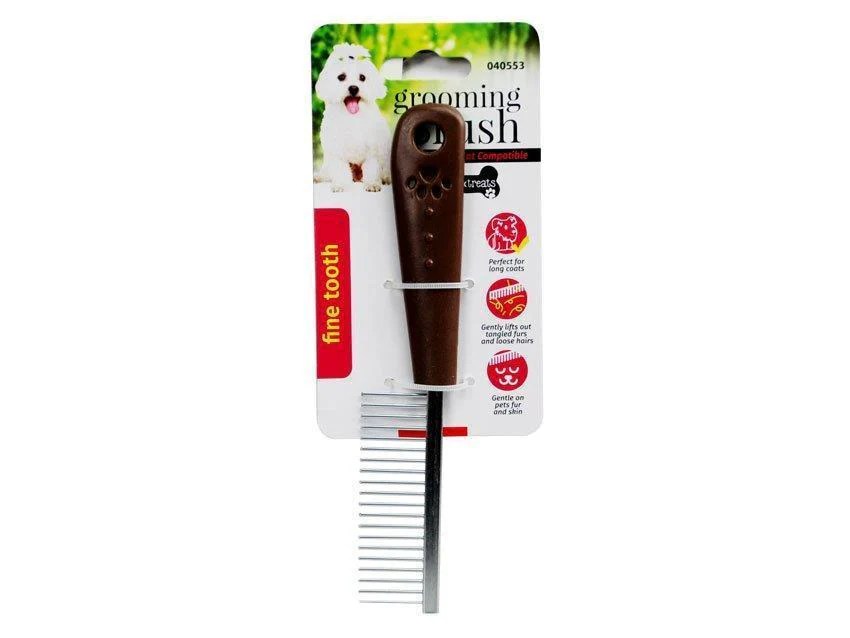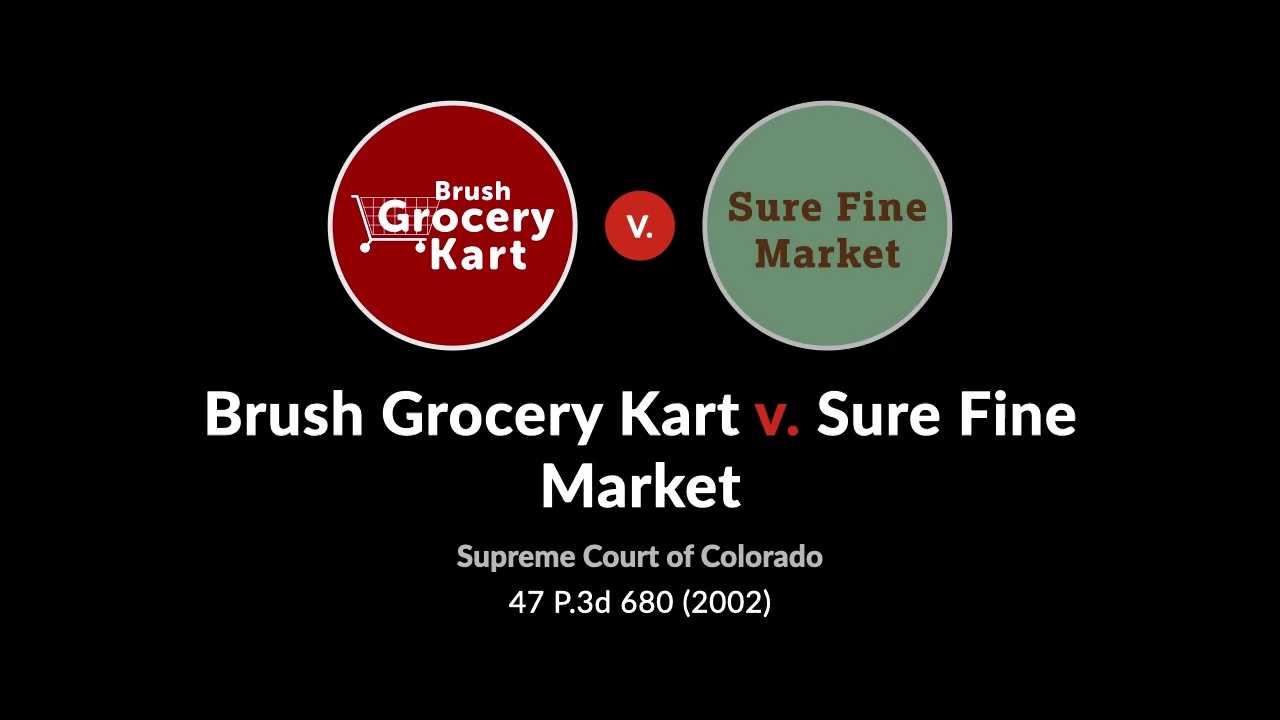Brush Grocery Kart v. Sure Fine is a landmark case that delves into the intricate relationship between parody, trademark law, and freedom of speech. The case centers around a parody product that raises questions about the boundaries of fair use and the protection of intellectual property.
The case’s procedural history, legal analysis, and broader implications are explored in depth, providing a comprehensive examination of the legal principles at play and their impact on trademark law and freedom of speech.
Overview of ‘Brush Grocery Kart v. Sure Fine’

Brush Grocery Kart v. Sure Fine is a legal case involving two companies, Brush Grocery Kart and Sure Fine. The case revolves around the issue of trademark infringement, with Brush Grocery Kart alleging that Sure Fine’s use of a similar trademark is causing confusion among consumers.
Brush Grocery Kart is a grocery store chain that has been using the trademark “Sure Fine” for its products since 1990. Sure Fine, on the other hand, is a company that produces and sells a variety of household products, including cleaning supplies and personal care items.
In 2005, Sure Fine began using the trademark “Sure Fresh” for its products.
Procedural History: Brush Grocery Kart V. Sure Fine

The case of Brush Grocery Kart v. Sure Fine began its journey in the lower courts before reaching the Supreme Court.
In the initial stages, the lower courts ruled in favor of Sure Fine, the defendant in the case. Brush Grocery Kart, the plaintiff, appealed this decision to the Supreme Court.
Supreme Court Decision
The Supreme Court, upon reviewing the case, reversed the lower court rulings and issued a judgment in favor of Brush Grocery Kart.
Whether you’re battling with brush grocery karts or simply craving a taste of Taiwan, we’ve got you covered. Head over to this ding tai fung pork chop recipe for an easy and delicious culinary adventure. Once you’ve satisfied your taste buds, don’t forget to return to the grocery store for a triumphant victory over those pesky carts!
Legal Analysis

The legal principles at issue in Brush Grocery Kart v. Sure Fine involved the First Amendment, trademark law, and fair use. The First Amendment protects freedom of speech, which includes the right to use trademarks in a non-commercial setting. Trademark law protects the exclusive rights of trademark owners to use their marks to identify their goods or services.
Fair use is a defense to trademark infringement that allows the use of a trademark in a non-commercial setting, such as for parody or criticism.
The Supreme Court held that Brush Grocery Kart’s use of the Sure Fine mark was a fair use of the mark. The Court found that Brush Grocery Kart’s use of the mark was not commercial, as it did not use the mark to sell its own goods or services.
The Court also found that Brush Grocery Kart’s use of the mark was transformative, as it used the mark to create a new work of art that commented on the original mark.
First Amendment
The First Amendment protects freedom of speech, which includes the right to use trademarks in a non-commercial setting. The Supreme Court has held that the use of a trademark in a non-commercial setting is protected by the First Amendment, even if the use of the mark is likely to cause confusion.
Trademark Law, Brush grocery kart v. sure fine
Trademark law protects the exclusive rights of trademark owners to use their marks to identify their goods or services. The Lanham Act, which is the federal trademark law, prohibits the use of a trademark that is likely to cause confusion with another trademark.
Fair Use
Fair use is a defense to trademark infringement that allows the use of a trademark in a non-commercial setting, such as for parody or criticism. The fair use defense is based on the First Amendment right to freedom of speech.
Impact and Significance

The Supreme Court’s decision in Brush Grocery Kart v. Sure Finehad a profound impact on trademark law and freedom of speech. It established a strong precedent for the protection of parody and free expression under the First Amendment.
Trademark Law, Brush grocery kart v. sure fine
The decision clarified that trademarks are not absolute rights and can be limited by the First Amendment. It established a four-factor test to determine whether a parody or satire of a trademark is protected by the First Amendment:
- The use of the mark must not be explicitly misleading as to the source of the goods or services.
- The use of the mark must not tarnish or dilute the distinctiveness of the original mark.
- The use of the mark must not be primarily for commercial purposes.
- The use of the mark must not be likely to cause confusion as to the source of the goods or services.
Freedom of Speech
The decision also reinforced the importance of freedom of speech. It recognized that parody and satire are essential forms of expression that contribute to the marketplace of ideas. The Court held that the government has a compelling interest in protecting free speech, even when it involves the use of trademarks.
Broader Implications
The decision in Brush Grocery Kart v. Sure Finehas had broader implications for other areas of law, such as copyright and intellectual property. It has established a precedent for balancing the rights of trademark holders with the First Amendment rights of free expression. The decision has also been cited in cases involving the use of trademarks in advertising, social media, and other forms of communication.
Popular Questions
What was the main legal issue in Brush Grocery Kart v. Sure Fine?
The main legal issue was whether the use of the SURE FINE trademark on a parody product constituted fair use under the First Amendment or infringed on the trademark holder’s exclusive rights.
How did the Supreme Court rule in Brush Grocery Kart v. Sure Fine?
The Supreme Court ruled in favor of Brush Grocery Kart, holding that the use of the SURE FINE trademark on the parody product was a protected form of fair use.
